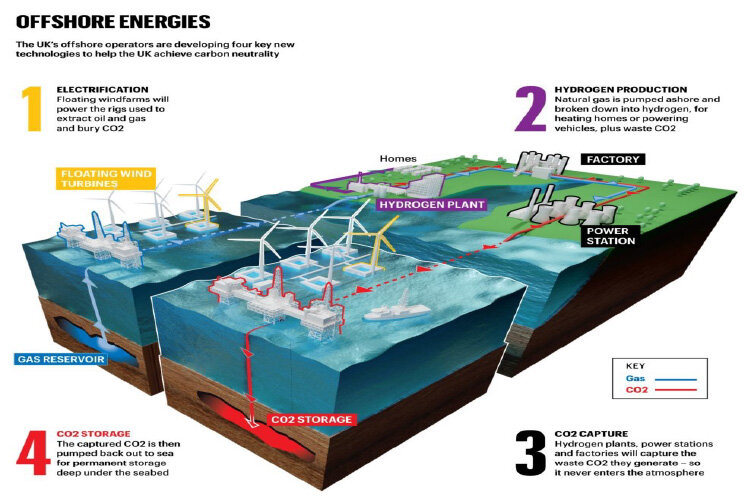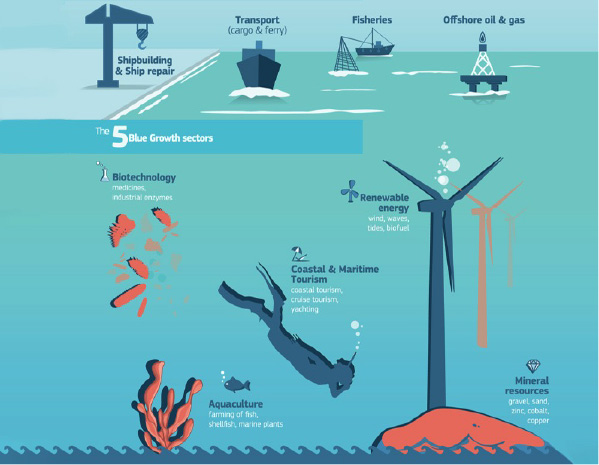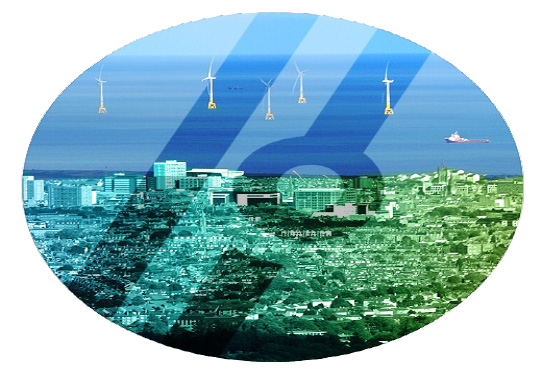- Diving and Crewed Submersibles
- Education
- Environmental Forces (SUTGEF)
- Marine Renewable Energies
- OSIG (Offshore Site Investigation and Geotechnics) and ECOSIGG
- SUT - Policy Advisory
- Salvage and Decommissioning
- Subsea Engineering and Operations (SEO) Atlantic & Europe
- Panel on Underwater Robotics
- Young Professionals International
- Marine Environmental Science
- UXO (Unexploded Ordnance)
Subsea Engineering and Operations (SEO) Atlantic & Europe
Subsea engineering and operations embraces all aspects of engineering and related operations in the development of the Underwater and Marine Energy industry below the surface of the sea. The aim of the Committee is to establish subsea engineering and life cycle operations as a recognised discipline of engineering across this Energy Transition and to examine the needs for education, training and standards across its future and the wider Blue Economy.
Click here for the register of Accredited Subsea Engineers
SCOPE
Subsea Engineering and Operations is of relevance to a multitude of offshore applications and developments including offshore renewable & hydrocarbon energy resource exploitation, food resources, extraction of seafloor minerals, emplacement submarine cables & pipelines and other sub-sea structures, ports & harbours development, carbon capture transmission and storage, etc. Members are to include subsea/underwater engineers, technologists, scientists as well as those in the associated, ancillary fields or supporting fields to subsea engineering and operations.
OBJECTIVES
- To share new developments, operational experience and concepts with the wider SUT membership and the rest of the underwater science & technology community via training, publications, seminars, workshops and conferences.
- To encourage research, development & utilization of new techniques, technologies and solutions.
- To encourage university research into subsea engineering and operations in the context of resource extraction and use of the marine environment.
- To identify gaps in capability and explore solutions.
- To educate, review and inform the user community about emerging capabilities.
- To contribute to the UN decade of Ocean Science for sustainable development 2021-30 by facilitating knowledge exchange and capacity development.
- To liaise with any similar committees within the SUT and sister Learned Societies to share knowledge and best practice. To help with training, mentoring and encouragement of early career marine professionals and those without formal environmental qualifications/experience.
The SUT offers training including a Subsea Awareness Course. Find out more here.
Robotic Autonomous Systems (RAS) such as AUV’/AIV’s, e Resident ROV’s and Underwater Intervention Drones (UID’s) will be key underwater technologies for Unlocking a Depth of Sustainable Wealth under the Ocean of Opportunity across the Blue Economy. We at the SUT-SEO’s Atlantic & Europe group wish to help support more industry recognised CPD training and sustainable career paths for subsea robotics technicians, engineers and marine technologists, scientists.
- Geographical coverage – Atlantic Regions (& Europe) throughout SUT community.
- Leadership: To keep with the spirit of having a transatlantic committee, the leadership roles of chair and vice chair should rotate each 12 months, to a different regional member. It is recommended that the chair and vice chair be from differing regions.
- Accountability – To report to the SUT Council and the SUT Membership via Annual Report on matters pertaining to subsea engineering and operations (Atlantic).
Creating an integrated marine energy cluster focussed on delivering net zero
The North East of Scotland, through a world-class oil and gas industry, has made an invaluable contribution to the UK’s energy requirements over the past 50 years Aberdeen and Houston have periodically been classified as the leading subsea engineering and operations centres of excellence.
Now, as this industry matures, we must progress ways to harness and retain our region’s existing skill set whilst securing opportunities for new jobs and investment as part of the green recovery.
As Europe makes this energy transition to develop and accelerate the commercialisation of innovative low-carbon technologies. The Energy Transition Zone will become a focal point and catalyst for high-value manufacturing, research, development, testing and deployment; with significant opportunities in offshore wind, hydrogen, carbon capture and storage. Through our SUT-SEO Atlantic & Europe special interest group, and the Marine Energy Renewables Committees we must work together and collaborate to make this a smooth energy transition, sharing knowledge and experiences as we go and make it an interesting career path for young subsea engineering and operations professionals as we transition to a Net Zero Economy across the Atlantic by 2050 and the wider Blue Economy.
Industry collaboration is critical across our SUT-SEO Atlantic & Europe special interest sectors with the likes of International Marine Contractors Association (IMCA), OPITO the Global Underwater Hub, IMarEST or the Marine Technology Society (MTS) to help create a sustainable marine and offshore energy sector workforce for years to come.
Supporting and enriching local well-being.
With backing from respective Governments, the Energy Transition Zone in the U.K. will deliver an integrated approach to support local economic wellbeing and contribute to a successful national transition to net zero by 2050. We at the SUT believe the Energy Transition Zone will also enrich traditional coastal communities, creating a green energy coast and better connecting these communities to the city.
Throughout the development and delivery of the Energy Transition Zone, the SUT will work with the local community to advance equality of opportunities, deliver economic benefits, and support inclusive growth. The ETZ are exploring the development of a number of specific projects and initiatives that, if the community supports them, would ultimately have the aim of creating enhanced opportunities and improving civic spaces and amenities
Energy Transition Zone
By 2030, ETZ Ltd will have designed and completed the phased development of a unique Energy Transition Zone adjacent to the new £400m development at Aberdeen South Harbour; delivering a location for the accelerated development of a net zero energy cluster to attract new investment and deliver net zero.
The ETZ will create 2,500 direct jobs and a further 10,000 energy transition-related jobs across the region. It will also be a net zero exemplar and home to leading-edge innovation, making it a centre of excellence for floating offshore wind and other renewables, including hydrogen. The SUT will communicate and collaborate with the ETZ and its aligned approaches of the SUT as a Learned Society for the benefit of current and future SUT members.
For further information, please contact [email protected]
Please note: Special Interest Group members are required to be individual or corporate members of the SUT. For membership details please consult [email protected]


